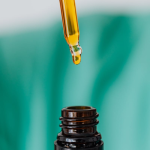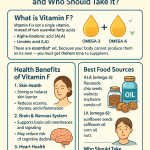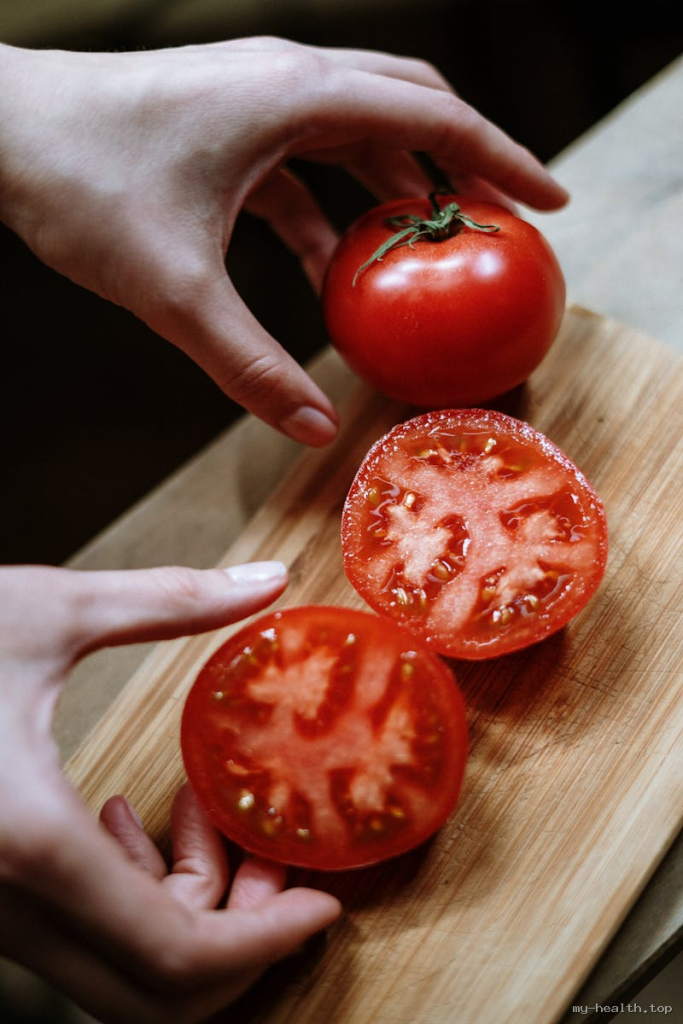This article is for informational purposes only and should not be considered medical advice. Always consult a healthcare professional for personal health concerns.
Understanding the Connection Between Nutrition and Skin Health
Your skin is the largest organ of your body, and just like any other part, it requires proper nutrition to thrive. What you eat can significantly affect your skin’s appearance and overall health. Have you ever noticed how your skin reacts to certain foods? For instance, after indulging in a greasy meal, do you see breakouts or dullness? This is no coincidence.
Research shows that a balanced diet rich in vitamins, minerals, and healthy fats can promote skin elasticity, hydration, and a radiant glow. Nutritional deficiencies can lead to various skin issues, such as dryness, acne, and premature aging. Let’s explore the top nutrition tips that can help you achieve healthier skin.
1. Hydration: The Foundation of Skin Health
Water is essential for maintaining skin moisture and delivering essential nutrients to the skin cells. Dehydration can lead to dryness, flakiness, and an increase in the appearance of fine lines. The skin’s outer layer, the stratum corneum, relies on adequate hydration to maintain its barrier function and prevent transepidermal water loss (TEWL).
To keep your skin hydrated, aim for at least 8 cups of water daily. Incorporating hydrating foods like cucumbers, oranges, and watermelon can also boost your hydration levels. Have you tried infusing your water with fruits or herbs? It’s a refreshing way to enhance flavor while increasing your intake!
**Practical Tip:** Carry a reusable water bottle with you throughout the day to remind yourself to drink water regularly. Setting reminders on your phone can also help you maintain hydration.
2. Antioxidants: Protecting Your Skin from Damage
Antioxidants are compounds that fight free radicals—unstable molecules that can cause oxidative stress and damage skin cells. Oxidative stress is linked to skin aging and various skin conditions, including acne and eczema. Foods rich in antioxidants can help protect your skin from environmental stressors like UV rays and pollution.
Include colorful fruits and vegetables in your diet, such as berries, spinach, and carrots. For example, blueberries are packed with antioxidants and can be easily added to smoothies or yogurt. Have you ever considered the power of a vibrant salad loaded with greens and colorful veggies?
**Practical Tip:** Aim to fill half your plate with fruits and vegetables at every meal. This not only boosts your antioxidant intake but also provides essential vitamins and minerals.
3. Healthy Fats: Nourishing Your Skin from the Inside Out
Healthy fats, particularly omega-3 fatty acids, play a crucial role in maintaining skin’s lipid barrier, which helps retain moisture and keep skin supple. Deficiencies in omega-3s can lead to dry, inflamed skin. Foods like fatty fish (salmon, mackerel), walnuts, and flaxseeds are excellent sources of omega-3s.
Incorporating these foods into your meals can be simple. Try a salmon salad or a handful of walnuts as a snack. Have you noticed how your skin feels after a week of eating more healthy fats?
**Practical Tip:** Experiment with recipes that include healthy fats, such as avocado toast or chia seed pudding, to enjoy their benefits while indulging your taste buds.
4. Vitamins and Minerals: Essential Nutrients for Skin Health
Specific vitamins and minerals are vital for skin health. Vitamin C, for instance, is crucial for collagen production, while vitamin E acts as a powerful antioxidant. Zinc plays a role in skin healing and inflammation control. Deficiencies in these nutrients can lead to various skin issues, including delayed wound healing and increased susceptibility to infections.
Foods rich in these nutrients include citrus fruits, nuts, seeds, and whole grains. Have you tried a breakfast bowl with Greek yogurt topped with citrus fruits and seeds? It’s not only delicious but also a skin-loving choice!
**Practical Tip:** Consider keeping a food diary to track your nutrient intake and ensure you’re getting a variety of vitamins and minerals essential for skin health.
5. Limit Sugars and Processed Foods
High sugar intake and processed foods can lead to inflammation and breakouts. When you consume sugar, your body produces insulin, which can trigger oil production in the skin, leading to acne. Additionally, processed foods often contain unhealthy fats and additives that can exacerbate skin issues.
Instead of reaching for sugary snacks, opt for whole foods. For example, swap out candy for a piece of fruit or a handful of nuts. Have you noticed a difference in your skin when you cut back on sugar?
**Practical Tip:** Read food labels to identify hidden sugars in products and try to limit your intake of processed snacks, opting for whole foods instead.
Myth vs. Fact
Myth: Eating chocolate causes acne.
Fact: While some studies suggest that high-glycemic foods may contribute to acne, chocolate itself, especially dark chocolate, can have health benefits when consumed in moderation. The key is to choose high-quality dark chocolate with minimal sugar.
Myth: All fats are bad for your skin.
Fact: Healthy fats, particularly omega-3 fatty acids, are essential for maintaining skin health and hydration. They help reduce inflammation and support the skin’s barrier function.
Patient Vignette: Sarah’s Journey to Healthier Skin
Sarah, a 28-year-old teacher, struggled with dry skin and breakouts for years. After consulting with a nutritionist, she learned about the importance of hydration and incorporating more fruits and vegetables into her diet. By drinking more water and adding foods rich in antioxidants and healthy fats, she noticed a significant improvement in her skin’s texture and hydration levels within weeks. Now, she feels more confident and radiant.
Frequently Asked Questions
1. What foods should I avoid for better skin?
Avoid foods high in sugar, refined carbohydrates, and unhealthy fats, as they can contribute to inflammation and breakouts.
2. How can I improve my skin’s hydration?
Increase your water intake and consume hydrating foods like cucumbers, oranges, and soups. Consider incorporating herbal teas, which can also contribute to hydration.
3. Are there specific vitamins that help skin health?
Yes, vitamins C, E, and A, along with zinc, are essential for maintaining healthy skin. Vitamin D, obtained from sunlight and certain foods, also plays a role in skin health.
4. Can a diet really affect acne?
Yes, certain foods can influence acne development. A diet low in sugar and high in whole foods may help reduce breakouts. It’s important to observe how your skin reacts to different foods.
5. How long does it take to see changes in my skin from diet?
You may start to see improvements within a few weeks of making dietary changes, but significant changes can take longer. Consistency is key.
6. Is it necessary to take supplements for skin health?
While a balanced diet is best, some may benefit from supplements if they have specific deficiencies. Consult a healthcare professional before starting any supplements.
7. Can stress affect my skin health?
Absolutely. Stress can lead to hormonal changes that may trigger skin issues like acne and eczema. Incorporating stress-reducing practices, such as yoga or meditation, can be beneficial.
Key Takeaways
- Stay hydrated with water and hydrating foods for optimal skin moisture.
- Incorporate antioxidant-rich foods to protect your skin from damage.
- Include healthy fats, especially omega-3s, for skin nourishment.
- Limit sugar and processed foods to reduce inflammation and breakouts.
- Focus on vitamins and minerals essential for skin health.
- Be patient; dietary changes may take time to reflect on your skin.
- Manage stress through relaxation techniques to support skin health.
References
- PubMed
- WHO
- CDC
- NHS
- UpToDate
- Harvard Health Publishing
- American Academy of Dermatology
- Journal of Clinical and Aesthetic Dermatology
- Nutrients Journal
- The Journal of Investigative Dermatology








Post a comment